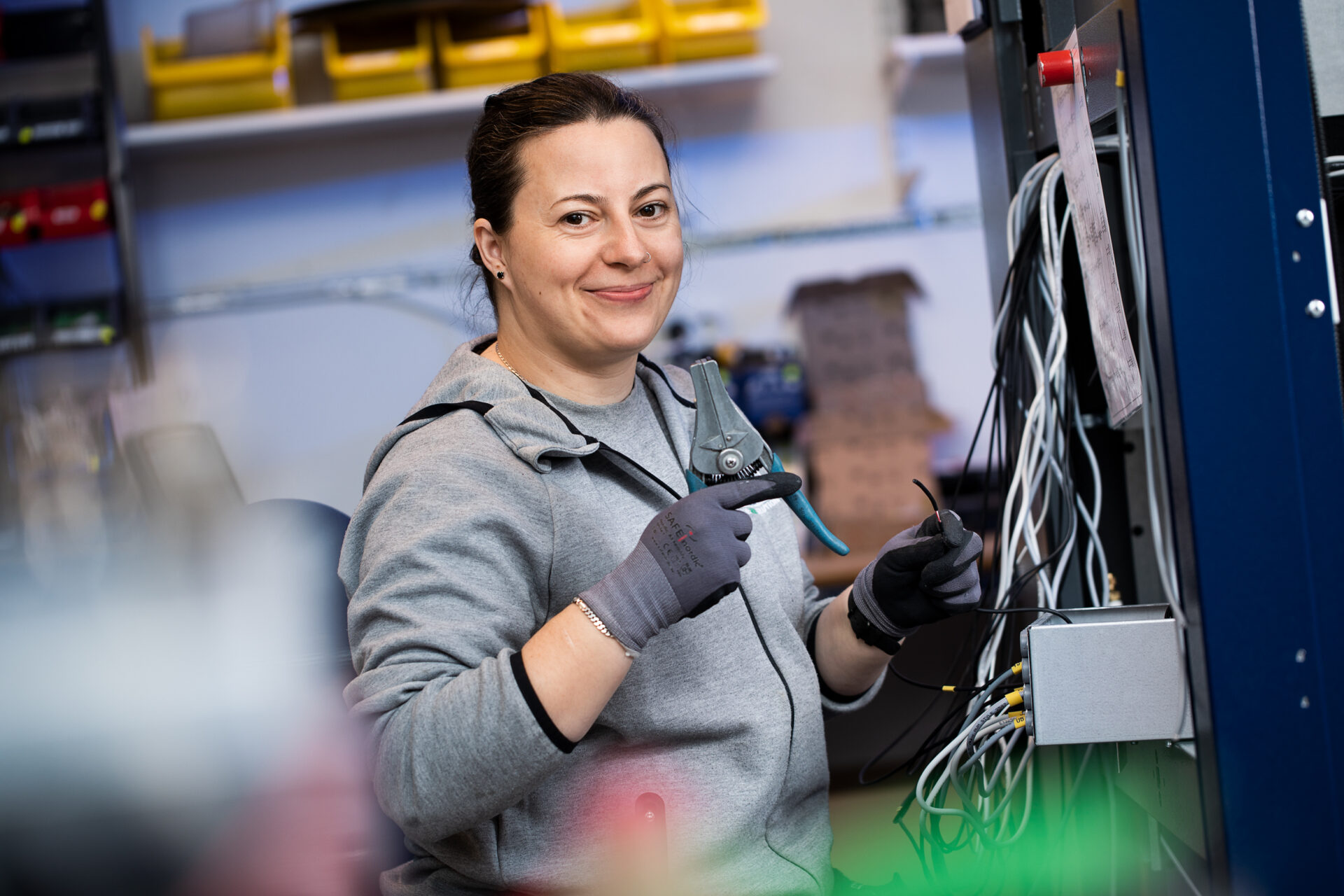Natural refrigerants

Does not add to the greenhouse effect
Synthetic refrigerants have a major impact on the greenhouse effect. By replacing them with natural refrigerants, you’re doing the world a great service.
Approved by the EU
Under the F-gas regulation, the EU will phase out refrigerants with high environmental impact. In the future, natural refrigerants will be the only remaining option.
Many are making the change
Many have already discovered the benefits of natural refrigerants. Consumers want to see greener options, and by making the change right now, your company will be a trailblazer.
What are natural refrigerants?
Natural refrigerants have been used in cooling and heat pump systems for over a hundred years. Because they have very good thermodynamic properties, they also provide good performance. The most common natural refrigerants are propane R290, isobutane R600a, propylene 1270, ammonia R717, and carbon dioxide R744. At Enrad, we use propane, propylene, and isobutane in our units.
In the mid-20th century, many industry players moved away from natural refrigerants due to the risks associated with high pressures and flammability. A fear arose because the units at that time were not sufficiently safe, and there was a lack of expertise and knowledge to handle natural refrigerants. Instead, so-called F-gases (Fluorinated greenhouse gases) began to be used. Many found them to be safer and easier to handle. Unfortunately, these gasses are very harmful to the climate. In 2015, the EU decided that F-gases should be phased out according to the so-called F-gas Regulation.
Thanks to today’s technology and better knowledge, we can use natural refrigerants in a safe manner. Research projects such as Project Drawdown highlight the use of natural refrigerants as one of the most important measures in slowing down climate change. By choosing natural refrigerants, you get an energy-efficient solution that also contributes to a better planet for future generations.


“As the total amount of CO2 equivalents in sold F-gases is reduced, an increasing number of refrigerants with high GWP values relative to the annual average will be affected. Initially, there will be price increases followed in all likelihood by shortages.”
— alltomfgas.se
The impact of refrigerants on the climate
The GWP (Global Warming Potential) value is usually measured over 100 years. The Global Warming Potential describes the relative potency, molecule for molecule, of a greenhouse gas, taking account of how long it remains active in the atmosphere.
But if we are to become climate neutral by 2050, we must measure over 20 years. Unfortunately, we do not have 100 years on us, and the transition to natural refrigerants now needs to occur.
”Hydrofluorocarbons (HFCs) and new generation refrigerants such as hydrofluoroolefins (HFOs) and HFO blends are marketed as “climate friendly” because they are not ozonedepleting and have seemingly low GWPs. However, when assessing the real lifetime of these refrigerants, their negative impact on health, safety, and the environment raises concern”, states ATMOsphere, the global independent market accelerator with a mission to clean up cooling.
The table shows a significant difference between measurement over 100 years and measurement over 20 years.
Here is a complete version of the list of genuine GWPs where you can read more about what it means.
| Refrigerant | GWP 100 years | Real GWP 20 years |
| HFC/HFO | 570-4200 | 1660-6600 |
| CO2 | 1 | 1 |
| Propane | <1 | <1 |
| NH3 | 0 | 0 |
Frequently asked questions about natural refrigerants

Is propane safe?
Propane has long had a reputation as a fire hazard. But with safe handling, our extensive experience and the modern units we use today, it’s a safe alternative.

Are they difficult to install?
Enrad modules are designed to fit new and old plants alike. Installation is therefore quick and easy with simple component replacement.

Do I have to use natural refrigerants?
The EU is currently phasing out F-gases completely as they’ve been shown to have a major impact on the climate. In a few years, natural refrigerants will be the only option.

Are they expensive?
While natural refrigerants cost a little more than F-gases, the units are energy efficient and built for long life, so things even out in the end.

What natural refrigerants are there?
Natural refrigerants include propane, CO2 and ammonia, where propane has the lowest true GWP value. We use propane and propylene to ensure the best properties in the -8 to +60 temperature range.

What is the F-gas regulation?
It is an EU regulation that governs various greenhouse gases. It will have a major impact on our industry as F-gases are widely used in refrigeration and heat pump units.
Which refrigerants are being banned?
From January 1, 2015, the EU has decided to start phasing out all F-gases. The goal of the F-gas regulation is to reduce the consumption of F-gases by 79 percent by 2030. From January 1, 2020, it is also prohibited to install refrigerators and freezers with refrigerants that have a GWP value over 2500. Additionally, refilling refrigerants with a GWP value over 2500 is now prohibited under the so-called refill ban. The new regulations have led many manufacturers to develop synthetic refrigerants with low GWP values but that instead release TFA, a dangerous substance that poisons nature. Just like the oil industry, there are strong forces that want to retain F-gases and synthetic refrigerants. Therefore, your choice of refrigerant is incredibly important for the environment and future generations.
An amendment to the F-gas regulation has been approved. One of the biggest effects is that the availability of HFC refrigerants will be significantly restricted by 2030. Read more here.

More reading
Learn more about natural refrigerants
Below, we have compiled several articles about different natural refrigerants:
Ammonia R717
Propylene R1270
Propane R290
Carbon dioxide R744
Isobutane R600A

